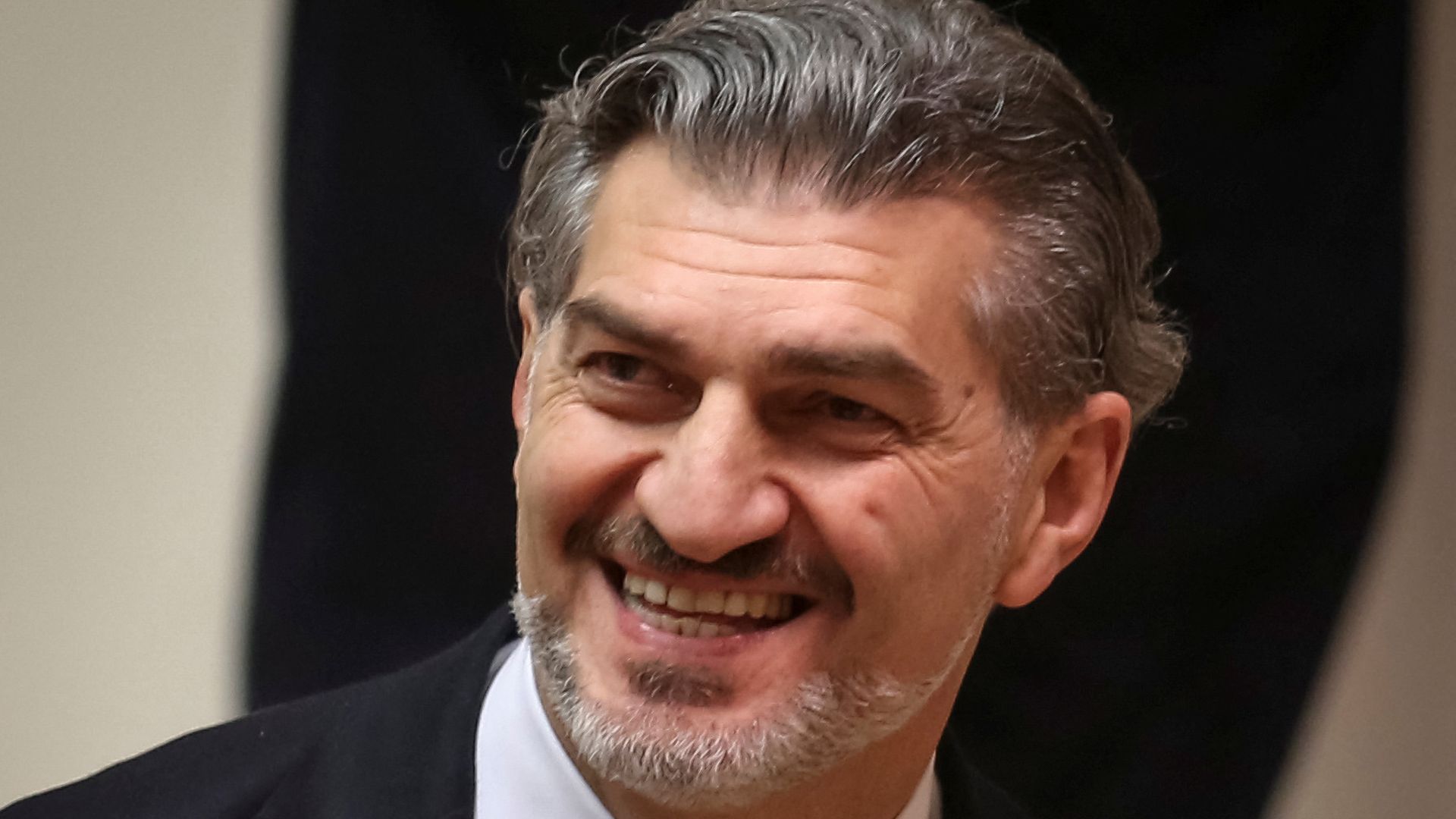
The BDN Opinion section operates independently and does not set newsroom policies or contribute to reporting or editing articles elsewhere in the newspaper or on bangordailynews.com.
Irina Popescu is an assistant professor of Latin America, Caribbean and Latinx Studies at Bowdoin College. This column reflects her views and expertise and does not speak on behalf of the College. She is a member of the Maine chapter of the national Scholars Strategy Network, which brings together scholars across the country to address public challenges and their policy implications. Members’ columns appear in the BDN every other week.
My son Mateo is five years old and one of his favorite books is “Julian is a Mermaid,” by Jessica Love. The book portrays a young boy named Julian who wants to become a mermaid and participate in the Coney Island Mermaid Parade, the largest art parade in the United States. This book will certainly be banned in Florida, Texas, and many other states if we are not diligent in protecting diversity within our public school curriculum.
When I put on my educator hat, the book details the story of a child curious to inhabit the world of women and gender performance. When I put on my mama hat, the book nurtures a young child’s sense of whimsical, exploratory dress-up, as young Julian wears a dress, puts on pearls, shines lipstick on his lips, and heads out to Coney Island with his supportive abuela.
In Texas, Lt. Gov. Dan Patrick announced that he will “prioritize” passing a similar bill to Florida’s “Parental Rights in Education bill,” popularly called the “Don’t say gay bill” signed by Gov. Ron DeSantis in March. The bill states that public school teachers in Florida are banned from discussing sexual orientation or gender identity in their kindergarten through third grade classrooms.
Teachers engaging in these discussions, either through selection of course materials or references to gender identity or sexual orientation, could face lawsuits by the school and/or the parents of the child in question. They may even face expulsion from their jobs.
The current Florida law erases the histories, stories, and lived experiences of members of the LGBTQ community from the nation’s narrative. This, coupled with the innumerable Critical Race Theory bans across the country, means that our public education system is under attack.
We’ve just wrapped up another intense school year. Yet we owe it to ourselves, and our children to take a critical look at the debates raging over the K-12 curriculum in Maine. Discussions on CRT have dominated some school board campaigns and meetings recently, and will certainly continue this upcoming year. Maine’s chapter of the national organization No Left Turn in Education have voiced their concern within school board meetings.
I want to clarify that CRT is not taught in kindergarten, in fact nothing that they are proposing to ban is CRT. Such bans discriminate against the teaching of authors of color and, now, LGBTQ authors, within the classroom. Luckily, Maine communities, such as the town of Hermon have taken a stand to protect school teachers and assert local control over the K-12 curriculum.
As an immigrant to this country from Romania, I have witnessed how my country, during its lengthy dictatorship, enacted similar measures within the public school system. These measures are still being revised by scholars and activists almost 40 years later. These racist and homophobic procedures are determinantal to the public education system in this country and, if continued, will take decades to unlearn.
We need to be careful, mindful and active about what is happening within our public-school system to ensure that voices and histories are not left out of the curriculum.
Here in Maine, the whitest state in the United States, we need to be extra vigilant against these trends. That means running for school board, supporting sensible candidates who focus on the expansion of our children’s worldly knowledge, empathy and diverse understanding, and being active in your district’s parent organization. We are all beyond exhausted with the intensity of labor and anxiety that the pandemic, and the many recent tragedies, have instilled upon us. Yet we must empower ourselves to become the advocates for education that our kids, communities and nation need and deserve.










